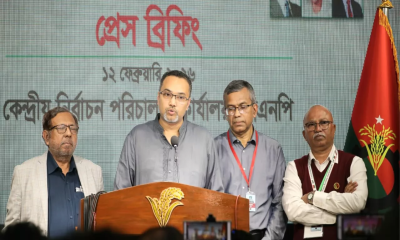Zahir Raihan (August 19, 1935 – January 30, 1972) remains one of Bangladesh’s most celebrated novelists, short story writers, and filmmakers.
Born Abu Abdur Mohammad Zahirullah, he became known worldwide simply as Zahir Raihan—a name that continues to resonate with art, courage, and sacrifice. Through his literature and films, Raihan painted a vivid portrait of Bengali life, history, and resistance. More than a creator, he was a freedom fighter and a voice for the oppressed, whose legacy endures as a cornerstone of Bangladesh’s cultural and political identity.
Early Life
Raihan was born in Majupur village, Feni, in 1935. His father, Maulana Mohammad Habibullah, was a professor at Calcutta Aliya Madrasa before joining Dhaka Aliya Madrasa. The family returned to Feni after the Partition of Bengal in 1947. Raihan spent his early years between Kolkata and Feni, experiences that deeply influenced his later work. He studied at Mitra Institute and Aliya Madrasa before completing both his bachelor’s and master’s degrees in Bengali literature at the University of Dhaka.
Literary Journey
Raihan’s literary career began in the early 1950s with journalism. He worked for several publications, including Juger Alo, Khapsara, Jantrek, and Cinema. In 1956, he became editor of Prabah. His first short story collection, Suryagrahan (The Eclipse), was published in 1955.
His novels such as Hajar Bochor Dhore (A Thousand Years), Shesh Bikeler Meye (The Girl in the Late Afternoon), Ar Ek Falgun (Another Spring), and Borof Gola Nodi (The River of Melted Ice) cemented his reputation as a socially conscious writer. His works often depicted the lives of marginalized people, the struggles of the lower classes, and the brutality of political oppression. In Hajar Bochor Dhore, his words—“The night deepens, the same ancient night”—symbolized the centuries-long suffering of the Bengali people. His writing was marked by realism, social critique, and an unwavering commitment to justice.
Contribution to Cinema
Raihan entered the film industry in 1957 as an assistant director in Jago Hua Savera. His directorial debut, Kakhono Aseni (1961), received critical acclaim. He went on to direct Sangam (1964), Pakistan’s first color film, and Bahano (1965), the first cinemascope film in Pakistan.
His most iconic work, however, remains Jibon Theke Neya (Taken from Life, 1970), a political allegory inspired by the 1952 Language Movement. Through the microcosm of a family, he depicted the oppression of the Pakistani regime. The film won admiration from legendary filmmakers like Satyajit Ray, Mrinal Sen, Tapan Sinha, and Ritwik Ghatak.
During the Liberation War of 1971, Raihan directed the groundbreaking documentary Stop Genocide, which captured the atrocities of the Pakistani military. Supported by India and promoted globally under Prime Minister Indira Gandhi’s directive, the film became a milestone in documentary history. He also made A State Is Born, Liberation Fighters, and Innocent Millions, all dedicated to the liberation cause.
Political and Social Commitment
Beyond his artistry, Raihan was deeply engaged in politics. He participated in the 1952 Language Movement and was among the first to be arrested. The movement profoundly shaped his worldview, later reflected in his films. He was also active in the 1969 Mass Uprising and served as General Secretary of the Bangladesh Liberation Council during the 1971 war. He donated proceeds from film screenings to the freedom fighters’ fund, embodying his patriotic spirit.
Personal Life
Raihan married twice—first in 1961 to actress Sumita Devi, with whom he had two sons, Bipul and Anol Raihan. In 1968, he married actress Suchanda, and together they had two sons, Apu and Topu Raihan. His elder brother, Shahidullah Kaiser, was a renowned writer who also fell victim to political violence.
Mysterious Disappearance
In December 1971, as the war was ending, Shahidullah Kaiser was abducted by the Pakistani military and their collaborators. On January 30, 1972, Raihan went to Mirpur to search for his brother. He never returned. It is widely believed he was killed in an ambush by retreating Pakistani soldiers and local collaborators. His disappearance remains one of the greatest unsolved tragedies in Bangladesh’s history.
Recognition and Legacy
For his extraordinary contributions, Raihan was posthumously honored with numerous awards: the Bangla Academy Literary Award (1972), the Ekushey Padak (1977), and the Independence Day Award (1992). His films also received accolades, including the Nigar Award (1964) and National Film Awards in later years.
Zahir Raihan’s legacy is not just artistic but deeply national. His novels captured the voices of the marginalized, while his films projected the struggles and dreams of a nation on the brink of freedom. Stop Genocide remains a landmark in documenting war crimes, while Jibon Theke Neya continues to inspire as a timeless political allegory.
Though his life was cut short under mysterious circumstances, Raihan’s pen and camera immortalized him as a true patriot, a cultural warrior, and a revolutionary artist. In the words of Bangladesh, he is forever remembered as “an immortal creator of Bengal.”


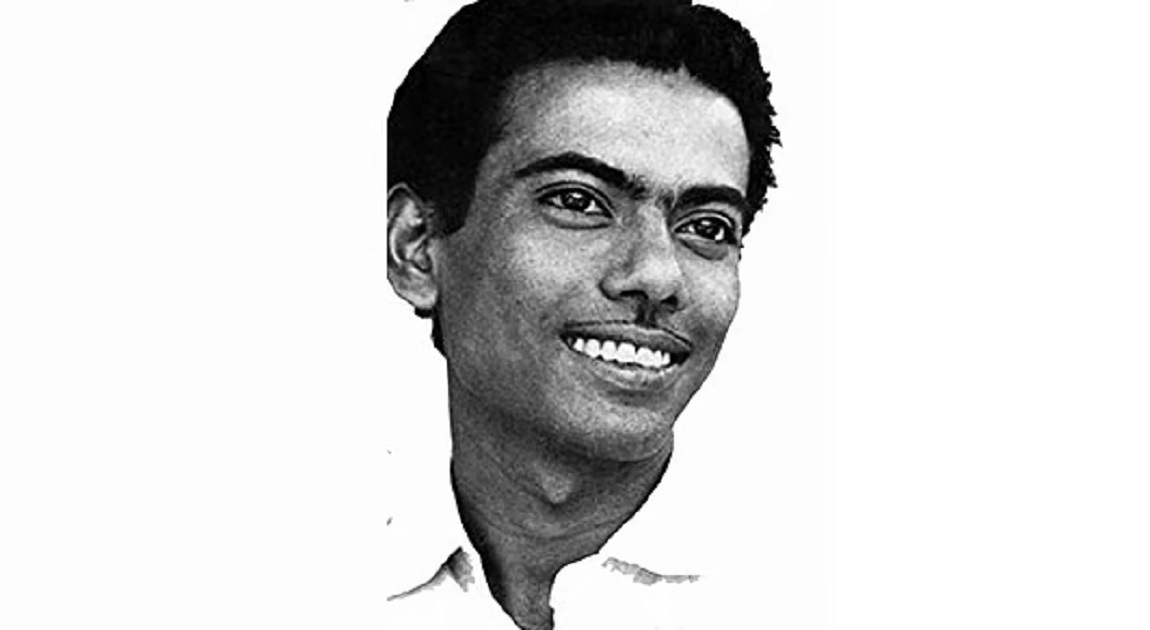

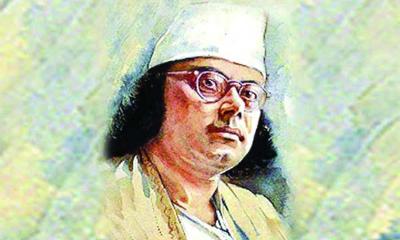
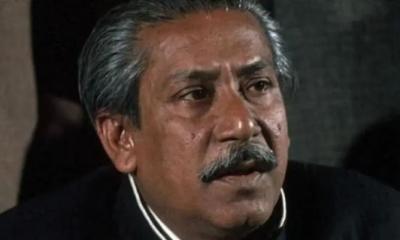
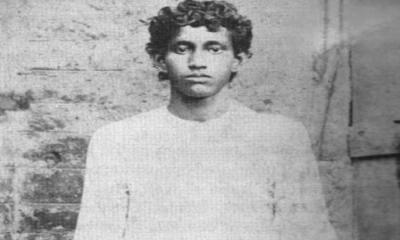
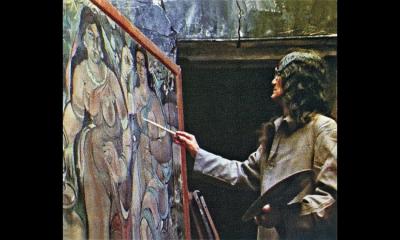

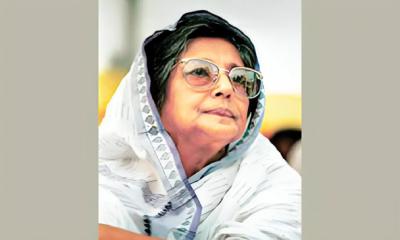


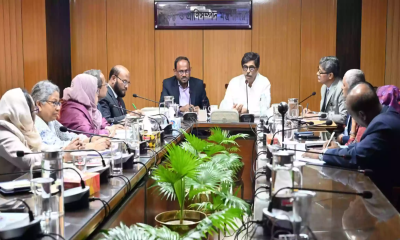

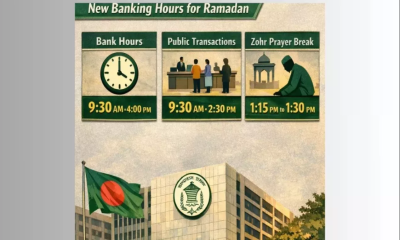



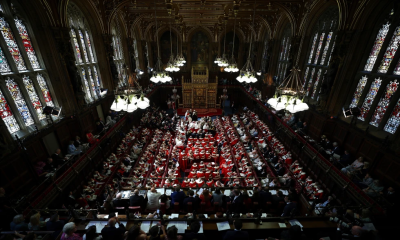




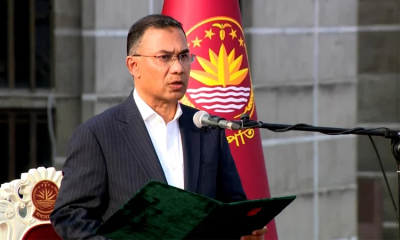
-20260218060047.jpeg)












